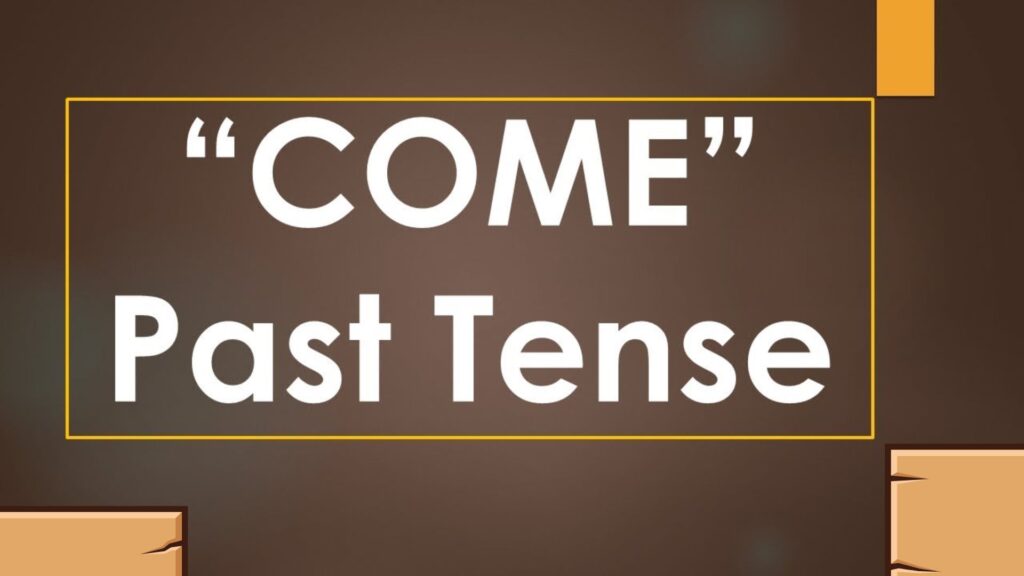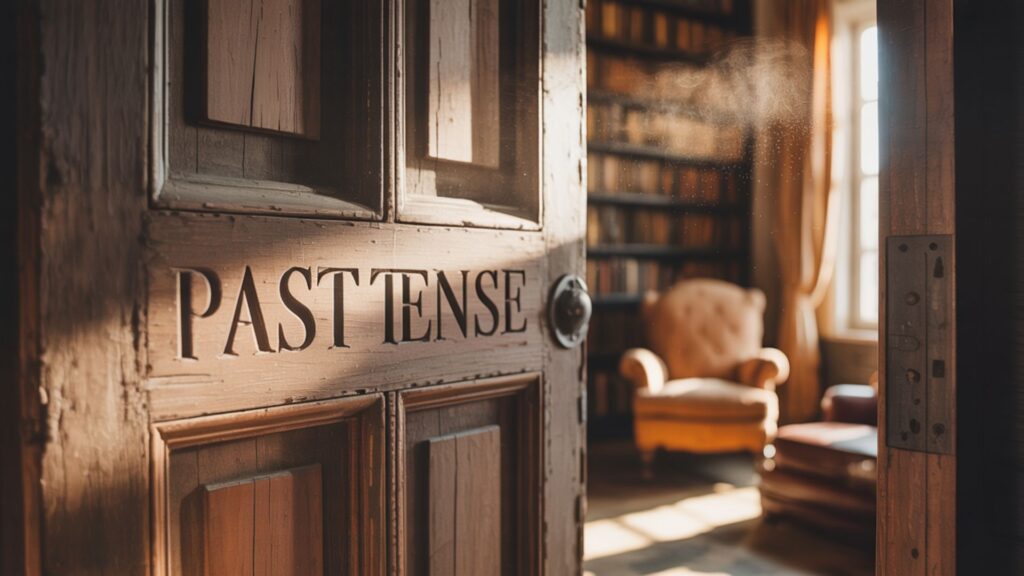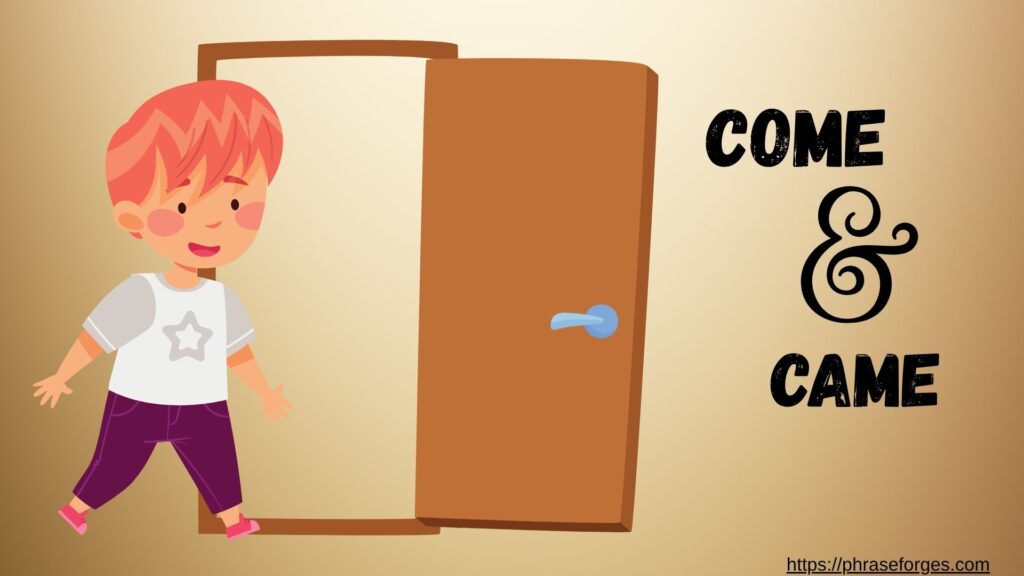Understanding English verb tenses can feel like solving a puzzle. One common question is, what’s the past tense of “come”? Is it “come” or “came”? In this article, we’ll clarify this point, explore relevant examples, and ensure you’re comfortable using both forms.
The Basics of Tenses

To grasp the difference between “come” and “came,” let’s first look at what verb tenses are. Tenses indicate when an action occurs. The past tense signals actions that have already happened, while the present tense describes actions happening now.
Present vs. Past Tense
- Present Tense: I come to the office every day.
- Past Tense: Yesterday, I came to the office.
Here, “come” represents the present tense, while “came” is the past.
Why “Came” is the Correct Past Tense

“Came” is the simple past tense of “come.” Unlike regular verbs that simply add -ed to form the past tense, irregular verbs like “come” don’t follow this pattern.
Example Scenarios
To illustrate the correct usage of “come” and “came,” let’s explore a couple of practical scenarios.
Scenario 1: An Email Invitation
Imagine you’re sending an email to a friend. Here’s how you might phrase it:
Subject: Dinner Invitation!
Hi Sarah,
I hope you’re doing well! I wanted to invite you to dinner this Saturday. It’ll be at my place, and I’d love it if you came. We can catch up and enjoy some delicious food.
Let me know if you can make it!
Best,
Emily
In this email, Emily correctly uses “came” because she refers to a potential past action—Sarah joining her for dinner.
Scenario 2: A Conversation
Picture a conversation between two colleagues:
John: Did you hear that the new team member came to the office yesterday?
Maria: Yes! I was surprised when he came to me for help.
In this dialogue, both John and Maria discuss the past event of the new team member arriving.
The Importance of Context

Using “come” versus “came” in the correct context is crucial. A mistake can lead to confusion. For example, if John said, “Did you hear that the new team member come to the office yesterday?” it would sound incorrect.
Common Mistakes with “Come” and “Came”
Even fluent speakers can trip up! Here are a few common mistakes:
- Using “come” in the past:
- Incorrect: I come to the meeting last week.
- Correct: I came to the meeting last week.
- Confusing with other tenses:
- Incorrect: I will come to the party yesterday.
- Correct: I came to the party yesterday.
These errors often occur when speakers are unsure of the correct tense.
Related Forms of “Come”
Let’s expand your understanding by looking at related forms of “come”:
- Present Participle: coming
- Example: I am coming to the meeting now.
- Past Participle: come
- Example: I have come to understand the importance of deadlines.
Example Scenario: A Text Message
Text from Mike to Lisa:
Hey! I just wanted to let you know that I’ve come to terms with the project changes. I’ll be coming by your office later to discuss.
In this text, Mike uses both “come” and “coming” correctly, demonstrating his grasp of the different forms.
Tips for Remembering the Past Tense of “Come”
- Think of Rhymes: Pair “came” with other past tense verbs ending in -ame, like “flame,” to create a mental association.
- Practice in Conversations: Use “came” in your daily discussions. The more you practice, the easier it becomes to remember.
- Write It Down: Craft sentences using both “come” and “came.” Writing reinforces memory.
Example: A Short Story
Let’s conclude with a brief story that highlights both forms:
Last Friday, Lily came to town after a long trip. She had promised her friends she would come back before the holidays. As soon as she arrived, she felt the warmth of home. “I can’t believe you finally came back!” her friend Jake exclaimed.
In this story, “came” highlights Lily’s arrival, while “come” shows her promise to return.
Conclusion
So, what’s the past tense of “come”? It’s came. Understanding this simple yet important distinction can enhance your communication skills. Whether you’re writing emails, having conversations, or crafting stories, using the correct tense helps convey your message clearly.
By practicing and being mindful of these nuances, you’ll ensure that your English remains polished and effective. Remember, language is a journey, and every step you take makes you a more confident speaker and writer.

